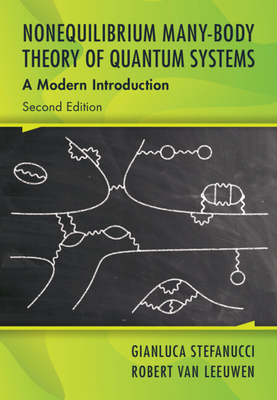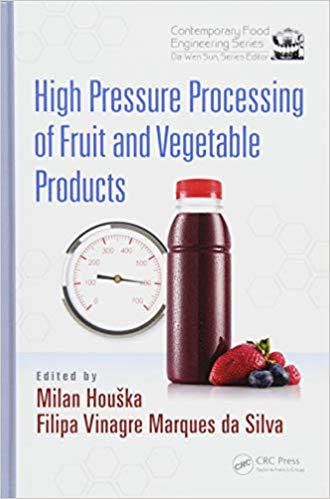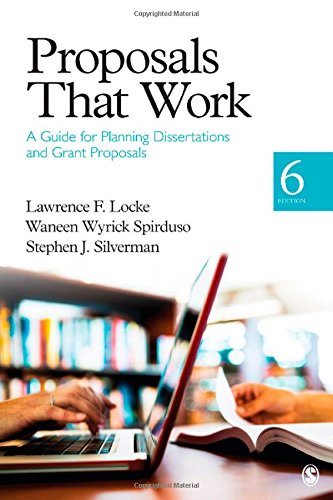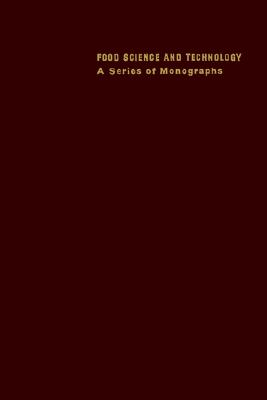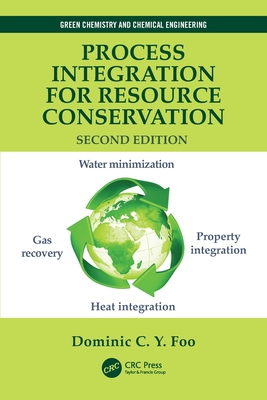图书简介
The book comprehensively reviews and provides detailed insight into the cellular and molecular signalling mechanisms involved in pathophysiology of various respiratory diseases, towards developing effective therapeutic strategies in the management and treatment of lung disease. It also covers promising advances in the field of therapeutics that could lead to novel clinical therapies capable of preventing or reversing the disease features including novel strategies for targeting chronic lung diseases using advanced drug delivery systems. Importantly, the book examines the significance and relevance of the plant extracts and their constituents with therapeutic efficiencies against lung diseases. As such, the book offers a blend of translational, biological, chemical, and drug delivery aspects relevant to respiratory diseases, thus, offering a valuable resource for pulmonologists and translational researchers working in the field of pulmonary biology and respiratory medicine.
Chapter 1. Introduction to Lung Diseases.- Chapter 2. Targeting molecular and cellular mechanisms in asthma.-Chapter 3. Various cellular and molecular axis involved in the pathogenesis of asthma.- Chapter 4. Targeting molecular and cellular mechanisms in steroid resistant asthma.- Chapter 5. Targeting molecular and cellular mechanisms in chronic obstructive pulmonary disease.- Chapter 6. Probing the cellular and molecular mechanisms underlying in the pathogenesis of Chronic Obstructive Pulmonary Disease (COPD).- Chapter 7. Chronic obstructive pulmonary disease: Molecular basis of pathogenesis and targeted therapeutic approaches.- Chapter 8. Exploring the ‘dormancy-activation switch’ in the tumour microenvironment for metastatic lung cancer: The possible role of microRNA.- Chapter 9. Therapeutic strategies targeting signalling pathways in lung cancer.- Chapter 10. Modulation of signalling pathways by immunotherapeutics in lung cancer.- Chapter 11. Underpinning the Cellular and Molecular Mechanisms with Nanotheronstics for Lung Cancer.- Chapter 12. Targeting molecular and cellular mechanisms in Idiopathic Pulmonary Fibrosis.-Chapter 13. A refined approach to target the molecular and cellular mechanisms in pulmonary fibrosis.-Chapter 14. Targeting molecular and cellular mechanisms in tuberculosis.- Chapter 15. Cellular and Molecular Mechanisms of Repurposed antidiabetic drug as adjunctive treatment for tuberculosis.- Chapter 16. Targeting host and bacterial signaling pathways in tuberculosis: An effective strategy for the development of novel anti-tubercular therapies.- Chapter 17. Targeting molecular and cellular mechanisms in pulmonary hypertension.- Chapter 18. Targeting molecular and cellular mechanisms in pulmonary arterial hypertension.- Chapter 19. Potential cellular targets associated with the signaling and therapeutics of the pulmonary hypertension.- Chapter 20. Targeting molecular and cellular mechanisms in influenza A virus infections.- Chapter 21. Understanding the Biology of Non-typeable Haemophilus influenzae in Chronic Obstructive Pulmonary Disease through the Lens of Genomics.- Chapter 22. Targeting molecular and cellular mechanisms in rhinovirus infection.- Chapter 23. Targeting molecular and cellular mechanisms in respiratory syncytial virus (RSV) infection.- Chapter 24. Targeting molecular and cellular mechanisms SARS-CoV2 novel corona (COVID-19) virus infection.- Chapter 25. Underpinning the rudimentary mechanisms involved in the pathogenesis of SARS-CoV2 (COVID-19) in human lung cells.- Chapter 26. Targeting molecular and cellular mechanisms in SARS-CoV2 novel corona (COVID-19) virus infection.- Chapter 27. Special features of human lung ACE2 sensitivity to SARS CoV-2 spike glycoprotein.- Chapter 28. Implications of Phosphoinositide 3-kinase (PI3K) Signalling in cellular and molecular mechanisms of respiratory diseases.- Chapter 29. The role of the cholinergic system in lung diseases.- Chapter 30. The Nrf2-Keap1 signaling pathway in lung cancer.- Chapter 31. Role of Toll like receptor (LTR) in molecular and cellular mechanism of respiratory diseases.- Chapter 32. Biomarkers of Oxidative Stress.- Chapter 33. Targeting chronic lung diseases using advanced drug delivery systems.- Chapter 34. Plant based chemical moieties targeting cellular signalling pathways in chronic lung diseases.- Chapter 35. Role of phytoconstituents in targeting cytokines for managing pathophysiology of lung diseases.- Chapter 36. Targeting Cellular Signaling Pathways in Lung Cancer and Role of Phytochemicals as Novel Therapeutic Approach.- Chapter 37. Natural compounds targe
Trade Policy 买家须知
- 关于产品:
- ● 正版保障:本网站隶属于中国国际图书贸易集团公司,确保所有图书都是100%正版。
- ● 环保纸张:进口图书大多使用的都是环保轻型张,颜色偏黄,重量比较轻。
- ● 毛边版:即书翻页的地方,故意做成了参差不齐的样子,一般为精装版,更具收藏价值。
关于退换货:- 由于预订产品的特殊性,采购订单正式发订后,买方不得无故取消全部或部分产品的订购。
- 由于进口图书的特殊性,发生以下情况的,请直接拒收货物,由快递返回:
- ● 外包装破损/发错货/少发货/图书外观破损/图书配件不全(例如:光盘等)
并请在工作日通过电话400-008-1110联系我们。
- 签收后,如发生以下情况,请在签收后的5个工作日内联系客服办理退换货:
- ● 缺页/错页/错印/脱线
关于发货时间:- 一般情况下:
- ●【现货】 下单后48小时内由北京(库房)发出快递。
- ●【预订】【预售】下单后国外发货,到货时间预计5-8周左右,店铺默认中通快递,如需顺丰快递邮费到付。
- ● 需要开具发票的客户,发货时间可能在上述基础上再延后1-2个工作日(紧急发票需求,请联系010-68433105/3213);
- ● 如遇其他特殊原因,对发货时间有影响的,我们会第一时间在网站公告,敬请留意。
关于到货时间:- 由于进口图书入境入库后,都是委托第三方快递发货,所以我们只能保证在规定时间内发出,但无法为您保证确切的到货时间。
- ● 主要城市一般2-4天
- ● 偏远地区一般4-7天
关于接听咨询电话的时间:- 010-68433105/3213正常接听咨询电话的时间为:周一至周五上午8:30~下午5:00,周六、日及法定节假日休息,将无法接听来电,敬请谅解。
- 其它时间您也可以通过邮件联系我们:customer@readgo.cn,工作日会优先处理。
关于快递:- ● 已付款订单:主要由中通、宅急送负责派送,订单进度查询请拨打010-68433105/3213。
本书暂无推荐
本书暂无推荐

